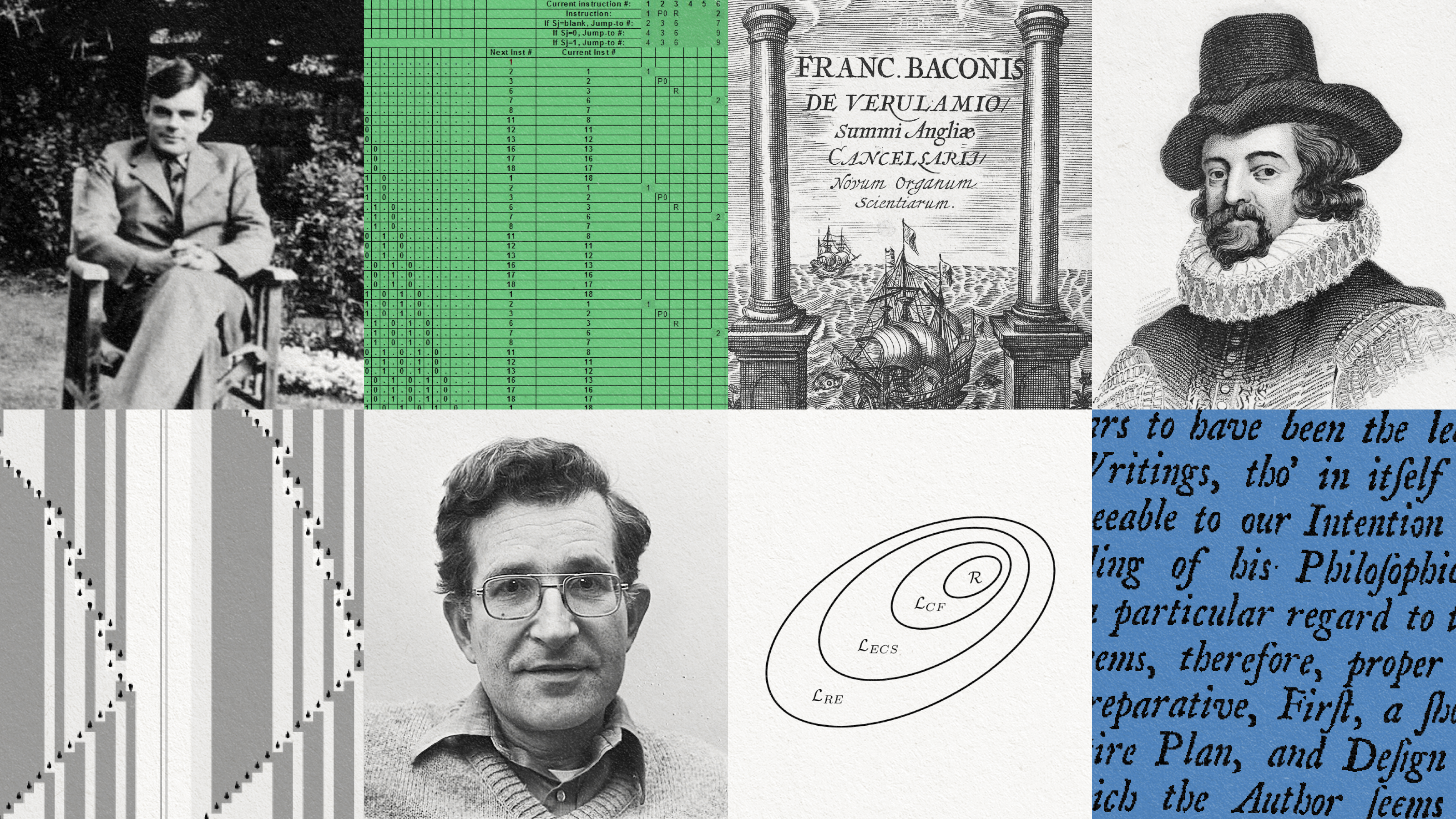Five philosophers on the philosophy of sex

- Philosophy often focuses on topics that can be a bit esoteric and boring.
- However, many philosophers have spent time on questions relating to sex and sexuality.
- Their views can help us question our understanding of something that most people assume humanity figured out a long time ago.
Philosophy spends a lot of time on extremely dry topics. Asking if chairs have consciousness might be titillating for those in the field but dull (and pointless) for most everyone else. However, philosophy is indeed concerned with the entirety of human experience, and that includes sex. While not every major philosopher spent time on the subject — Aristotle, for example, generally ignored it — these five thinkers asked some big questions about it.
Plato
Plato was a Greek philosopher who studied under Socrates and taught Aristotle. His works are among the most important in the history of Western philosophy.
His statements on sex are mixed. If we accept the idea that he was using Socrates as a mouthpiece for his own views in certain dialogues, Plato views sexuality as a possible tool to be used on the path to understanding the form of beauty. Since Plato viewed the world of the Forms (think: “ideals”) as more real than the physical world, his primary concern is how we come to understand the Forms. Sex is good when it helps us understand the ideal of love; it is bad when it is instead focused on physicality.
In the dialogue Symposium, Plato depicts several famous Greek speakers giving their ideas on love and sex. They express a wide range of opinions. Each offers their own ideas, except for Socrates. In a strange turn, he explains the philosophy of a woman named Diotima of Mantinea — namely, that what begins as lust can lead to a better understanding of true beauty. Strangely, given Plato’s on and off again sexism, she is fully credited for these ideas, and her views are presented as highly reasoned and worthy of serious consideration.
Greek philosophy, in general, typically argued for a moderated approach to life with the rational in charge of the physical. Their culture was also much more comfortable with male nudity than many of their contemporaries and most of their successors. Meanwhile, their science treated men and women as being essentially the same sex, just with a few minor anatomic differences, so arguing against homosexuality would strike them as nonsensical.
The notion that sex is generally a morally neutral thing that can have positive or negative consequences would be among the last balanced ones in Western philosophy for a very long time.
St. Thomas Aquinas
St. Thomas Aquinas was a medieval Catholic philosopher known for his takes on Aristotle. Unlike his Greek predecessor, St. Aquinas spent some time on the question of sex.
After observing commonalities in human and animal anatomy and behavior, St. Aquinas argued that heterosexuality is intended by God as the only acceptable form of sexual activity. Each individual and their parts are specifically designed for certain behaviors. “Natural law” dictates using those parts for their intended purpose: reproduction. Anything else is against natural law. He concludes that the only moral sex act is that which could lead to reproduction, conducted within a heterosexual marriage. Everything else is unnatural, morally wrong, and perverted.
You are not alone if this sounds suspiciously like a religious take wrapped in Aristotelian logic. British philosopher Bertrand Russell famously argued that St. Aquinas was doing that constantly. While the natural law argument is less commonly seen today, it is still maintained by several philosophers.
Immanuel Kant
Immanuel Kant was an Enlightenment-era philosopher working in Prussia. His work covers nearly every area of human thought, and his influence on Western philosophy is impossible to overstate. His opinions on sex, however, might be one of the less influential aspects of his work.
Kant, whose approach to this topic was likely more conceptual than normative, provided a secular version of the sex-negative view. Kant’s ethical system is based around the categorical imperative, often phrased as, “Act only as could be consistently willed as a universal law,” or, “Act only as to treat others as ends in themselves and never as means.” He argued that human sexuality was the one natural inclination most people have which did not adhere to ethical living.
He reasoned that pursuing sexual pleasure requires humans to view their partner as an object, rather than as another person or autonomous “end in themselves.” Objectifying other people explicitly violates the latter version of the categorical imperative. Kant then claims that this problem doesn’t arise if the sex is in a marriage, but his reasoning is uncharacteristically poor. The end result is similar to that of St. Aquinas.
Kant’s arguments have staying power. Even Jean-Paul Sartre, an existentialist dedicated to personal freedom, argued that sexuality sought to “capture another person’s freedom.” However, that didn’t seem to slow him down too much — he was a rather promiscuous philosopher.
Bertrand Russell
With the exception of a few more generous interpretations of Plato and the nauseating writings of the Marquis de Sade, it is only comparatively recently that philosophers were willing to express a more positive view of sexuality. The most notable of these trailblazers was Bertrand Russell, a British philosopher best known for his work in logic.
In his book Marriage and Morals, which contributed to his Nobel Prize in literature, Russell argues that Victorian sexual morality was the result of outdated views of sex and family. With new economic developments, the emancipation of women, and the invention of birth control, he argued that a new system of sexual ethics was both possible and necessary. He boldly argued for the right to birth control, sex education, equality of the sexes, and decriminalizing homosexuality. His argument that for many women marriage was primarily an economic arrangement comparable to the oldest profession (that is, prostitution) shocked readers.
Like Kant, Russell practiced what he preached. He carried on many affairs, married four times, and spoke in favor of birth control before it was legal to do so. However, writing this in the 1920s was a bad career move that got him blacklisted from teaching. Unable to find work, he turned to popular writing to maintain his finances. The result was A History of Western Philosophy.
Thomas Nagel
Thomas Nagel is an American philosopher. While best known to popular audiences for his work with the mind-body problem, he has written on a number of subjects, including the philosophy of sex. Continuing on the path laid by Bertrand Russell, Nagel takes a more sex-positive viewpoint.
He begins by examining the difference between humans and other animals. The most important differences, he argues, are psychological rather than physical. He then proposes that the normal psychological reaction to sexuality is mutual interest. This makes both partners both object and subject — skirting Kant’s objections and entirely ignoring physical definitions of normal behavior. This approach still declares behaviors that do not meet the mutual interest standard to be objectionable.
Nagel’s philosophy is in direct contrast to St. Aquinas’ on nearly every level. Where the saint starts with the question of how we are similar to animals, Nagel looks at how we differ. Where St. Aquinas’ concerns are nearly all physical, Nagel’s approach is psychological. One is a religious argument, the other secular. Perverted behavior is deemed a crime against God’s plan by St. Aquinas but rather as a sign of possible psychological issues by Nagel.





